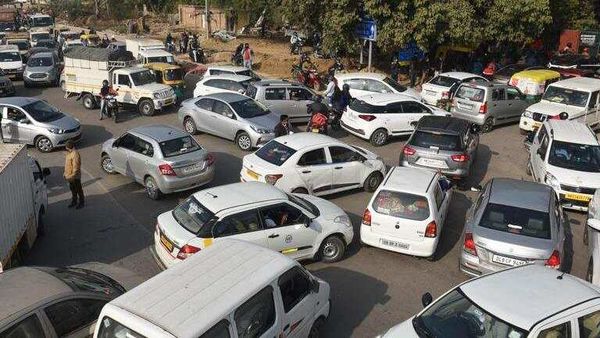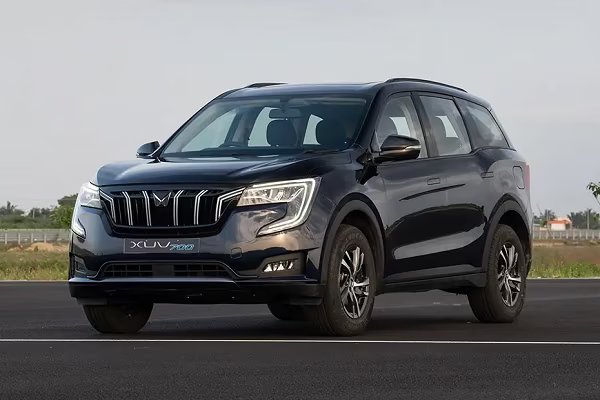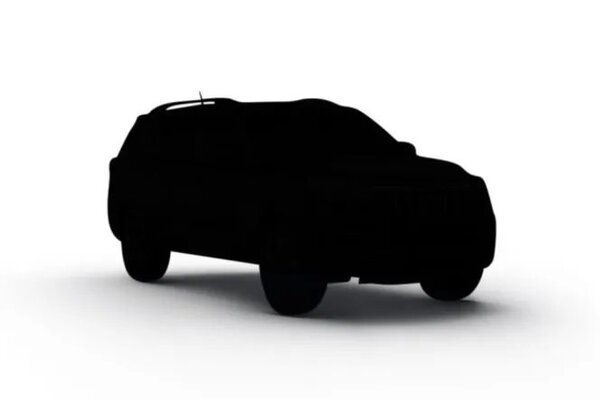Vehicle scrappage policy a step in right direction: Mahindra and Mahindra


The announcement of the voluntary scrappage policy in the Union Budget is a step in "right direction", Mahindra & Mahindra Managing Director Pawan Goenka said on Monday while terming the Budget as the one with its whole thrust on "growth".
Talking to reporters at the post-Budget conference call, Goenka also called for setting aside the upcoming new regulations for the automobile industry in the next 12-18 months, as it was not ready to absorb any further increased cost.
Also check these Vehicles
"The scrappage policy is a step in the right direction. (However), what it does will depend on how aggressively the policy is (implemented) and whether the government is going to create incentives for scrapping," Goenka said.
Justifying the move not to make it mandatory even as that would help spur the demand, Goenka said that "to incentivise the scrap is the right thing but to force the vehicle owners to scrap is a wrong thing to do".
"Moreover, if you make it mandatory right now, you may not be able to cope up with the demand that would generate because the number of old vehicles is large," he said.
A voluntary scrappage policy will allow a big chunk of these vehicles to be phased over a period of time, say five years, and then it can be made mandatory, he added.
The scrappage policy has to be done carefully so that it is not "misused" and the government should plug all the loopholes, he said adding that "we have waited long enough and can wait for another 1-2 month to get the policy right".
The policy will never take off unless there are not enough incentives and "I hope when the policy comes out it comes out with clear incentives", he said.
The whole thrust of the Union Budget 2021-22 is on "growth" and it delivers all that the industry leader had sought from the government, he said.
"There are some specific sectoral things that have not happened but overall the primary thrust of the industry was that the budget has to be growth oriented, and should be facilitating demand. The whole emphasis of this Budget is on growth," Goenka said.
Health and infrastructure sectors have got the highest push, which is the right thing to do, he said. Infrastructure is the biggest force multiplier in creating demand in different industries, he added.
Though the Budget is not too sector specific, when the economy grows all the sector will benefit, he added.
Goenka said that even though the PLI scheme has already been rolled out for 2-3 sectors, the main thing is now to launch it for all the sectors under the scheme. He emphasised that it should not be complex or difficult to get the benefit.
He also said there is also a lot of thrust on asset monetisation and disinvestment and that is where the expenditure should come from and not from increasing the tax burden on the consumers and the business.
"Fortunately, there was no increase of tax burden except some agri cess," he said.
The ₹1.75-lakh crore disinvestment target is a conservative estimate and if the government exceeds in the disinvestment the way it has talked about, the number should probably be larger than ₹1.75 lakh crore, he said.
"There are two areas I would like to see a little bit more thrust on, which are important for the longer term.
"There is not enough (in the Budget) to create a kind of road map on how India would go forward in an aggressive manner in becoming an R&D-driven economy. The second is on minimum government and maximum governance," he said.
He expressed hope that the government will take an aggressive stand in simplifying regulations, "which is an unnecessary burden on the industry and makes it non-competitive".
Stating that the industry is sort of bruised with BS 6 happening and the Covid-19 pandemic, the industry got a little bit of time before it got burdened by new regulations.
"So, if the regulations that are upcoming could be set aside for another 12-18 months unless they are absolutely essentials, that would help the industry. We cannot afford to increase price at this point of time, as that will bring demand down and we can't afford to absorb cost increase, for it would make us unviable," he said.
He added that demand would be to put any new regulations at bay for 12-18 months.
On the customs duty increase for certain automotive parts, Goenka said the move will impact only those companies which have high imports even as reduction on steel prices could offset the increased duty.
"The only thing I would like the government to do on EV is to do a little bit for charging infrastructure. That will be helpful and also a little bit in ensuring that electric vehicles are done with local add and not by importing everything and only assembling in India," he said.
He said qualitatively, the tractor industry which has grown 17 per cent year-to-date till December, should grow more than 17 per cent and end up at may be around 19-20 per cent this fiscal while expecting a "good growth" for the fiscal 2021-22.
The growth in the passenger vehicle segment in the past few months is averaging around 10-12 per cent. But, despite that, it may end up in about 10 per cent de-growth on account of almost nil sales in the first two months of this fiscal, Goenka said. It means 16 per cent of the industry's volume was out in the beginning of the fiscal, he added.
"But, we will make up for it in the next year and it may be growing 10-13 per cent next year to end up slightly higher at 2019-20 level. The CV segment right now is much down and can't be predicted unless we understand the impact of Budget on the overall economic growth," he said.
Stating that investment depends on the capacity utilisation, he said that in tractors, everybody is running at a full capacity and it will definitely see investments in new capacity.
However, in automotive, every manufacturer, except one or two, has capacity far in excess than demand that we have today.








 1497.0 cc
1497.0 cc Multiple
Multiple




 40 kWh
40 kWh 150 Km
150 Km










